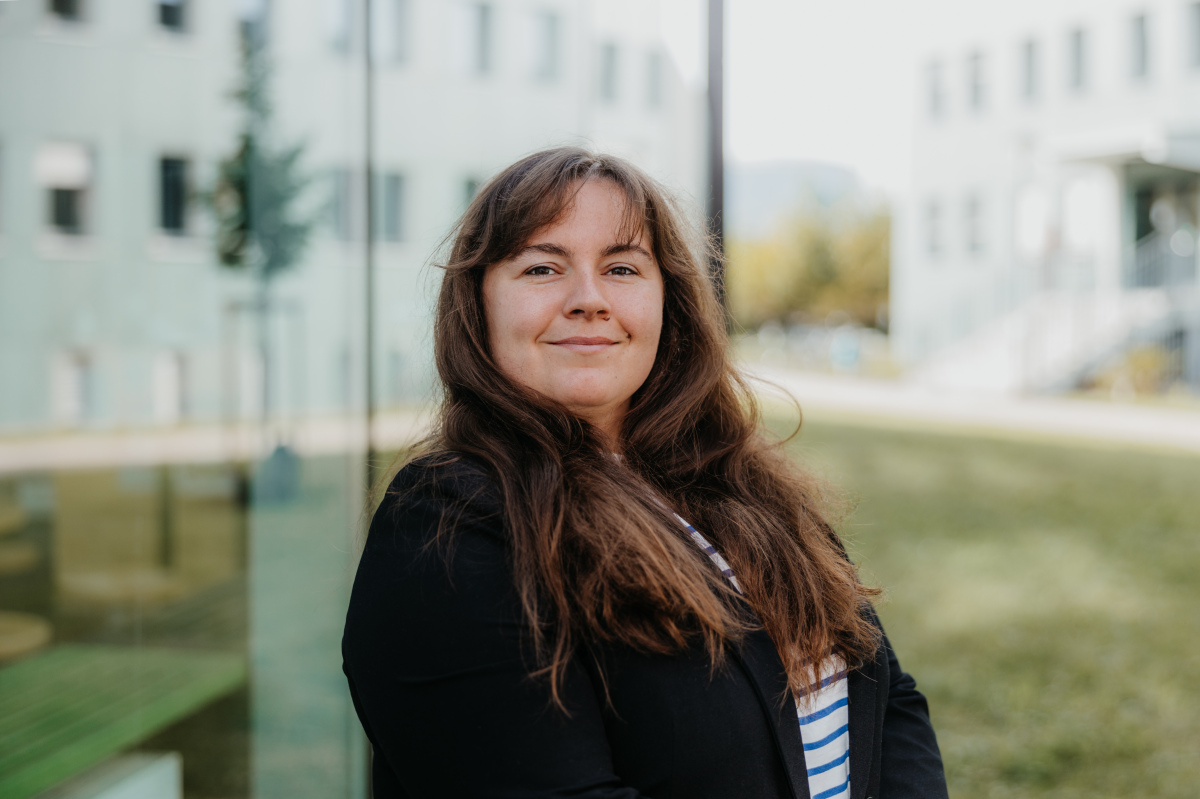Research Area III: Social Conflicts and Resilience
Research Focus
► Long and short-term effects of protest movements
► Resilience of social and political systems
► Paths of politico-religious mobilization
► Conflict interventions by regional actors
Crises, such as the coronavirus pandemic, can lead to societal conflicts and put pressure on politics and society. How societies deal with these challenges is determined to a large extent by their ability to cope with different crises, to adapt to new problem situations and to reposition themselves accordingly for possible future challenges. Our research focuses on the causes and consequences of social conflicts and the role of authority in them, as well as on the resilience of social and political systems and the framework conditions that promote resilience.
Read More
One consequence of the contested nature of authority is resistance movements that social groups in numerous countries are organizing to bring about political change. Social and political protests have accordingly grown in number and significance over the past decade. Mobilization can be aimed at democratization processes. But they can also be directed against peace agreements. Moreover, as the rise of jihadist groups such as Boko Haram and the Islamic State illustrates, social mobilization often aims at the violent overthrow of existing orders.
In addition to the explanations for the mobilization of certain parts of the population, we are interested in the protest strategies used by social groups. Often, international actors play an important role in mobilizing social groups or in the subsequent state response. Our research therefore explores the question of when societal groups and/or the state receive support from external actors to mobilize/repress and how this influences the resilience of political orders. This includes the study of international peacekeeping missions, which often operate in a field of tension between transnational norms or goals of international actors and local realities in the areas of operation. Finally, we examine how social conflicts and crises influence the process of forming political orders, for example, by triggering changes in legal systems or in political decision-making processes.
So far, research has concentrated on the willingness of individuals or particular identity groups to mobilize. In our projects, we take a different approach by examining the role of social organizations. Social organizations have the networks and resources that are essential for successful mobilization. One focus here is on religious actors, political parties and rebel groups. We investigate the individual research questions in our projects using a theory-driven empirical approach that combines qualitative and quantitative methods.
Research Projects
► African Non-Miltary Conflict Internvention Practices (ANCIP)
► Protest Groups in the Aftermath of Mass Protest Campaigns against the State
Recent Publications
► Bandarra, Leonardo / Wunderlich, Carmen 2025: Faith and fear: a cognitive framework for why countries establish nuclear-weapon-free or nuclear-deterrence-based security orders, in: Nonproliferation Review, 31:4-6, 211–236. DOI: https://doi.org/10.1080/10736700.2025.2569147
► Lenzen, Manfred / Debiel, Tobias 2025: Can Sanctions Backfire?, in: Defense and Peace Economics, 1-20. DOI: https://doi.org/10.1080/10242694.2025.2540303
► Bandarra, Leonardo 2025: "A verification cotton between three crystal glasses”: ABACC and Alternative Nuclear Verification Mechanisms in South America (1967-1992), in: Revista Brasileira de Política Internacional, 68:1, 1-21. DOI: https://doi.org/10.1590/0034-7329202500108
► Daase, Christopher / Debiel, Tobias / Deitelhoff, Nicole / Kahl, Martin / Rinck, Patricia / Schröder, Ursula / Vüllers Johannes 2025: Fokus. Vorsicht ansteckend! Die Zerstörung politischer Ordnung unter US-Präsident Trump, in: Frieden retten! Friedensgutachten 2025. Bielefeld: transcript Verlag, 26-41.
► Dany, Charlotte / Debiel, Tobias (Koordination) / Grimminger, Anna / Schetter, Conrad / Schmitz, Jasmin / Thielbörger, Pierre / Vüllers, Johannes (Koordination) / Wisotzki, Simone 2025: Nachhaltiger Frieden. Völkerrechtliche Mindeststandards als Gebot von Friedenspolitik, in: Frieden retten! Friedensgutachten 2025. Bielefeld: transcript Verlag, 67-85.
► Saalfeld, Jannis 2025: Party Competition and Collective Jihadist Radicalization in Sub-Saharan Africa. Forschung DSF 65. Osnabrück: Deutsche Stiftung Friedensforschung.
▶ Saleh, Mona 2025: Why Maintaining EU-ECOWAS Partnership is Important in Uncertain Times (ANCIP Policy No. 2). Leipzig: ANCIP Project.
▶ Witt, Antonia / Hartmann, Christof / Engel, Ulf (2025) Studying African Non-Military Conflict Intervention Practices, African Non-Military Conflict Intervention Practices (ANCIP), ANCIP Working Papers No. 2.
Head of Research Area

Dr. Carmen Wunderlich
Room: LS 030
Phone: +49 (0)203-379-2036
E-Mail: carmen.wunderlich[at]uni-due.de
Staff Portfolio
Participating Members

Dr. Leonardo Bandarra
Room: LS 033
Phone: +49 (0)203-379-1916
E-Mail: leonardo.bandarra[at]uni-due.de
Staff Portfolio

Prof. Dr. Tobias Debiel
Room: LF 324
Phone: +49 (0)203-379-2021
E-Mail: tobias.debiel[at]uni-due.de
Staff Portfolio

Prof. Dr. Christof Hartmann
Room: LS 120
Phone: +49 (0)203-379-4421
E-Mail: christof.hartmann[at]uni-due.de
Staff Portfolio

Andréa Noël, M.A.
E-Mail: andrea.noel[at]uni-due.de

Dr. Patricia Rinck
Room: LF 316
E-Mail: patricia.rinck[at]uni-due.de
Staff Portfolio

Dr. Jannis Saalfeld
Room: LS 034
Phone: +49 (0)203-379-3847
E-Mail: jannis.saalfeld[at]uni-due.de
Staff Portfolio

Dr. Mona Saleh
Room: LS 118b
Phone: +49 (0)203-379-3974
E-Mail: mona.saleh[at]uni-due.de
Staff Portfolio

Jasmin Schmitz, M.A.
Room: LS 118b
Phone: +49 (0)203-379-1919
E-Mail: jasmin.schmitz[at]uni-due.de
Staff Portfolio

